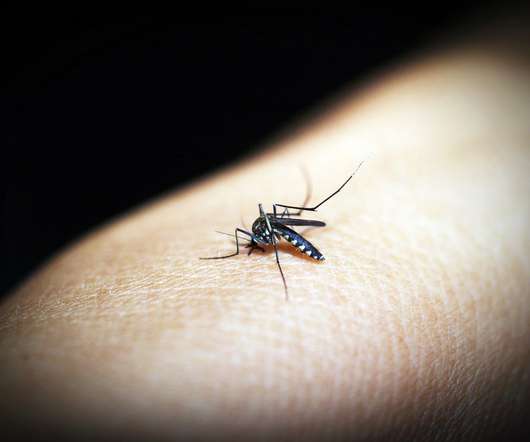Machine learning: A useful tool in the development of next generation antibody therapeutics
Drug Discovery World
MAY 21, 2024
Modern experimental procedures, such as immunisation, B-cell screening, and synthetic library generation, have been pivotal in developing approximately 80 FDA-approved antibody therapeutics. These targets, along with many others, are universally deemed as ‘difficult-to-drug’ targets.













Let's personalize your content